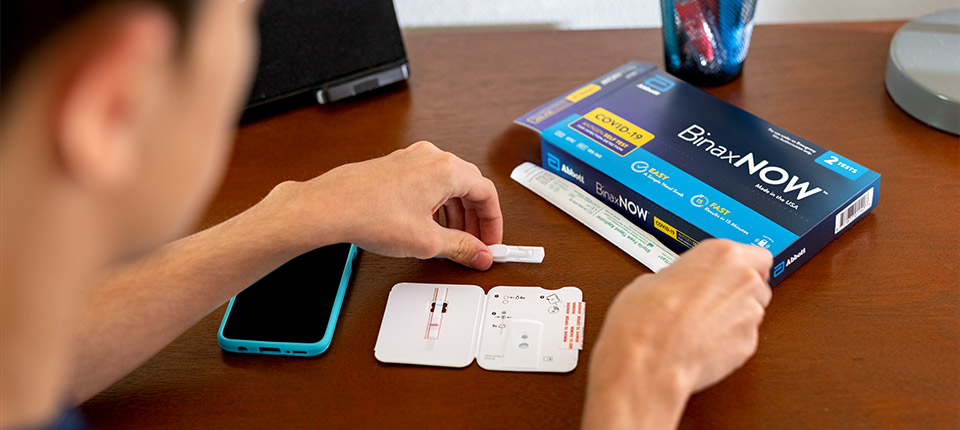Right now is the perfect time to take a break and ease up on your training.
"Athletes are prone to training, and training a lot, and rest is something that they find really difficult to do," says Liz Yelling, a double Olympian, Commonwealth medalist and running coach. "They find it really hard to plan rest into their training year."
And as the training year goes, this is the ideal time for intentional rest.
A growing number of races have been cancelled. Many runners have been training hard in preparation for these races, maybe even extending their high-volume training for extra months as events have been postponed and postponed again.
"Now is a time to be more mindful of where you're at as an athlete and what you need," Yelling says.
Likely, you need rest.
Why You Need Rest (Amid the Pandemic)
Exercise is a stressor to the body and, to recover from it, you need rest. That has always been true. But right now, amid the COVID-19 pandemic, exercise is just one of many factors triggering stress in peoples' lives.
"Exercise can clear your mind and reduce stress; however, you can have too much of a good thing," says Beth McQuiston, M.D., a board-certified neurologist, licensed physician, registered dietitian and medical director for Abbott’s Diagnostics business. "When you're overtraining, you don’t give your mind and body time to recover to perform at your best," she says.
Worries over family safety and wellbeing, financial strain and uncertainty all increase sympathetic nervous system activity. The result can be elevated cortisol levels, which diminish the presence of mood-regulating neurotransmitters such as serotonin.
Exercise is a healthy, highly effective way to help manage mental and emotional stress but relying on it too heavily can lead to sleep disruption and increase the body and brain's need for rest and recovery, McQuiston explains.
You want to have balance to optimize your feel-good transmitters. Excessive cortisol levels – can be produced when you overdo it mentally and physically. Stress can lead to increased inflammatory states, impaired immune function, poor sleep, increased rates of infection, irritability, malaise, heightened anxiety and declines in cognitive health and function, McQuiston says.
In fact, data suggest that chronic stress even leads to decreased levels of brain derived neurotrophic factor, a protein that promotes the growth of new neurons (aka neuronal growth). This growth is important to brain health at every age and plays a large role in cognitive functions such as memory.
"It comes down to one simple fact," Yelling says, "rest makes you a better athlete."
Check out these expert tips on how to rest:
Switch Things Up: Every day can’t be leg day – and every day also can't be a running day. "Try cross training to help balance you out mentally and physically," McQuiston says. "On different days, you may want to lift weights, do yoga or go on a walk in the woods," McQuiston says. By engaging in multiple forms of exercise, you can stress certain muscles and systems while allowing others to rest and repair.
Consider Impact: The pandemic has turned Joan Benoit Samuelson, winner of the first women’s Olympic marathon, into a sometimes cyclist. Even as she trains to earn her Six Star finisher medal in her sixth decade of life, she spends about three times as much time cycling as she does running. "It's just giving myself a break from all the pounding," she says.
Reduce Running Volume: In times of stress, scaling back on running intensity and/or duration can aid in recovery. But it’s especially important for runners who don’t dedicate days to recovery, Yelling says. Integrating lower-volume running days into the mix reduces the overall stress placed on the body while still allowing you to regularly run, she says.
Use Nutrition to Your Advantage: "Nutritional recovery is one of those things that, when you do it, you don't feel the effects five minutes later, but it makes a large impact over the long term," Nisevich Bede says. Focus on filling up and fueling your runs with a wide variety of whole grains, lean meats and produce. Try to include all of the colors of the rainbow on your plate to ensure a balanced variety of stress-fighting antioxidants.
Prioritize Sleep: Sleep is how the human body recovers and repairs from each and every day. And the greater your daily physical and mental stressors, the greater your need for bedtime recovery. Benoit Samuelson has felt this in action. "When I go to bed at night, I'm exhausted," she says, "I find I can only read a couple pages in a book at bedtime before my eyes close when training hard." Just like you commit to long runs and hard training schedules, commit to a base of 7 to 9 hours of sleep per night. "I'm a firm believer that an hour of sleep before midnight is worth two hours of sleep after midnight."
Abbott is the title sponsor of the Abbott World Marathon Majors, a series of six of the largest and most renowned marathons in the world: Tokyo Marathon, Boston Marathon, Virgin Money London Marathon, BMW BERLIN-MARATHON, Bank of America Chicago Marathon and TCS New York City Marathon. Click here to learn more.






FOLLOW ABBOTT